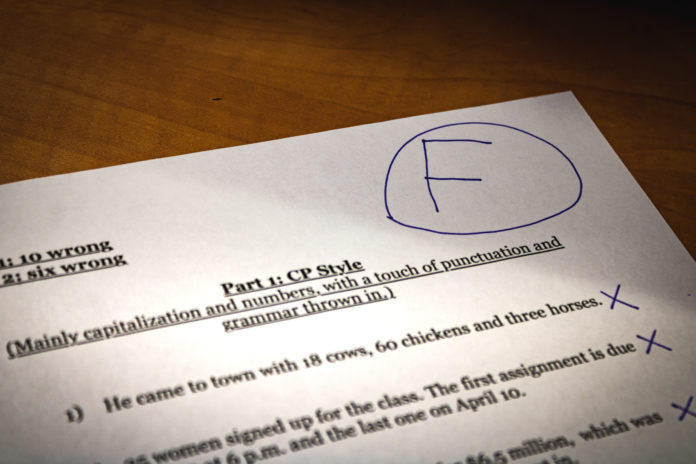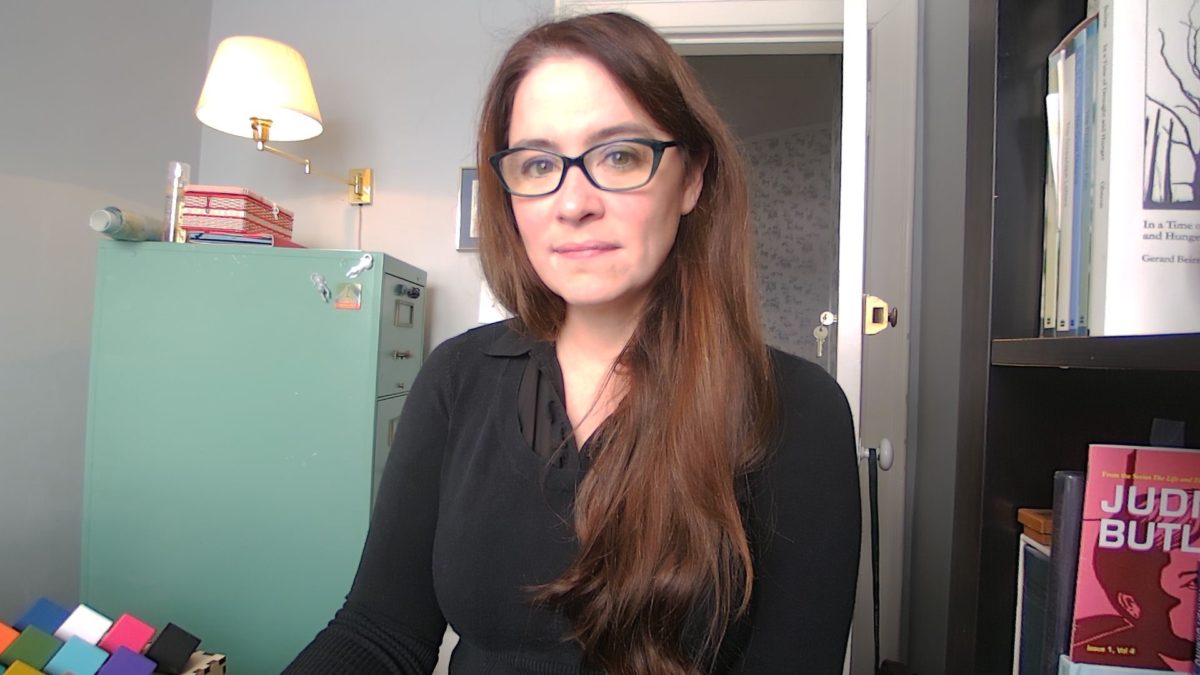
After a semester of online learning, some St. Thomas University students hoped for a pass or fail option like at the end of last April when COVID-19 shut down campus. Sher Blackett, a third-year STU student, said this term was harder than the past one but in this one, they felt like they had less support.
“I think not advocating more for an [empathetic] approach is definitely a mistake,” said Blackett. “I know there are people worse off than me that are students at our institution and I hate seeing the injustice go on for them knowing we could do better and that the institution could do better.”
Blackett said when the university implemented the pass or fail option last year, they felt like STU was making a name for itself because the university advocates for student mental health. But since then, Blackett said there have been moments that prove otherwise.
Blackett said that mental health takes a toll when spending more than 20 hours a day on studies.
“You might be lucky where you are comfortable at home, so that’s an advantage, but there are so many more other limitations,” they said.

Sarah Kohut, St. Thomas University Students’ Union president, said STUSU didn’t have the opportunity to present the pass or fail survey results to the Senate due to the lack of signatures needed to call a meeting where the pass or fail option would be voted on.
Kohut said the STUSU advocated for the pass or fail option, but there was lack of response and support.
“It was disappointing to see that it didn’t go through,” she said.
Most of the faculty and administrators acknowledged the difficulties students faced last semester while others were concerned with the implications of taking a pass or fail grade and how information would be given to students if the option did go through, Kohut said.
She said after the pass or fail option didn’t make it to Senate, monthly meetings between her, Kim Fenwick, STU’s vice-president of academic and research, and Karen Preston, the registrar, have been implemented to voice student concerns about online learning.
“[If] students have concerns, I strongly encourage them to present them to the university directly as they’ll be getting as close as possible to the root of change,” said Kohut.

Course evaluations, where students give anonymous feedback on their courses and professors at the end of term, were also optional last semester.
Jeffrey Carleton, associate vice-president communications, said there was “a combination of factors” that affected the decision to make course evaluations optional and the decision was made last summer.
“We knew that it was going to be a unique year and a different teaching and learning environment,” said Carleton. “It was going to be so unique, we weren’t sure that the results we were going to get from the surveys would’ve been valuable going forward.”
Carleton also said the school didn’t have the mechanisms available to do the evaluations online because the programs are expensive. After spending $600,000 on remote learning programs, he said the university decided to focus on that instead of paying for a software for evaluations.
He said the questions in a typical course evaluation are written for an in-person classroom setting, which aren’t useful in a remote teaching environment.
Carleton said there are more avenues than ever for students to express their concerns and course evaluations won’t be gone for good.
“They will be coming back, no question, because they are valuable to us. Whether they’ll be online or in person, we’ll have to see,” he said.
Joseph Masciulli, a political science professor, decided not to do course evaluations. He said he supported the decision not to do the evaluations because of the new teaching methods professors have to do due to the COVID-19 pandemic.
“It would have been unfair to everyone concerned to use the past course evaluations under these emergency conditions,” he said in an email.
Though Masciulli lacked resources and time to construct an accurate and fair evaluation, he said he did learn from feedback given by the students who reached out to him.
In an email to faculty last semester from Fenwick, the administration agreed with the Faculty Association of the University of St. Thomas to waive evaluations for the semester. The email said the university could accommodate special requests from a small number of faculty to have evaluations for purposes of developing a teaching portfolio.

Karla O’Regan, a criminology professor, gave course evaluations to her students last semester.
“Of all years, it seemed particularly important to me to know how students were experiencing the term,” said O’Regan. “How will I know if it’s working without asking?”
The format she used was the same as used for in-person classes, with a scale to rate the class and supplemental feedback questions as well. She said she could ask to change questions to adapt to the remote learning experience, but she preferred to keep it as close to normal course evaluations given in previous years.
“The course delivery online makes the course feel very different, but to me the standards and expectations students are entitled to have remained the same so I wanted the evaluation to mimic that,” said O’Regan.
She said the supplemental feedback was useful in how she designed her course this winter term and was disappointed in the decision to make course evaluations optional.
“Getting feedback from students is still important,” said O’Regan.
“To limit student voices on this, I think it’s a mistake.”
